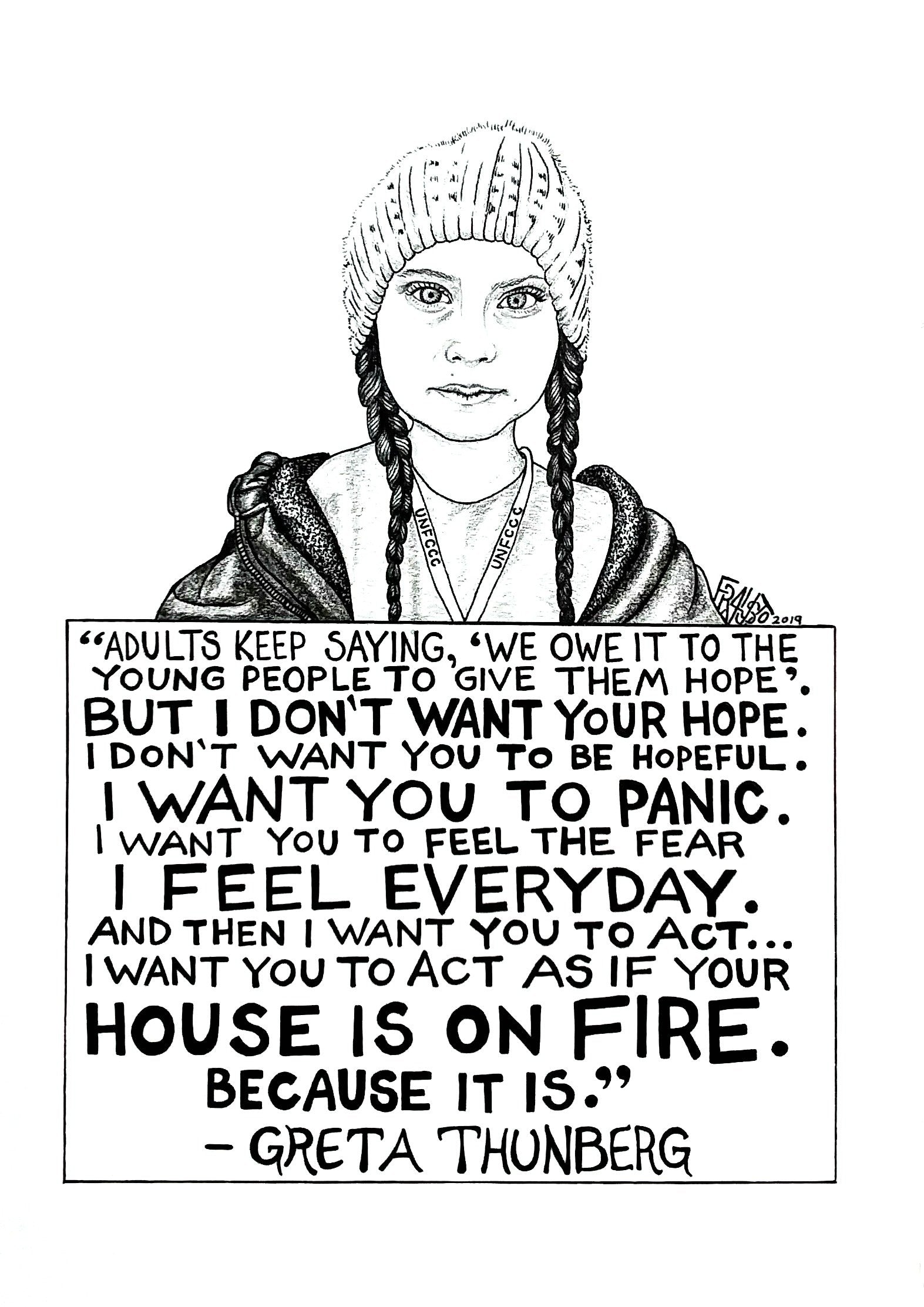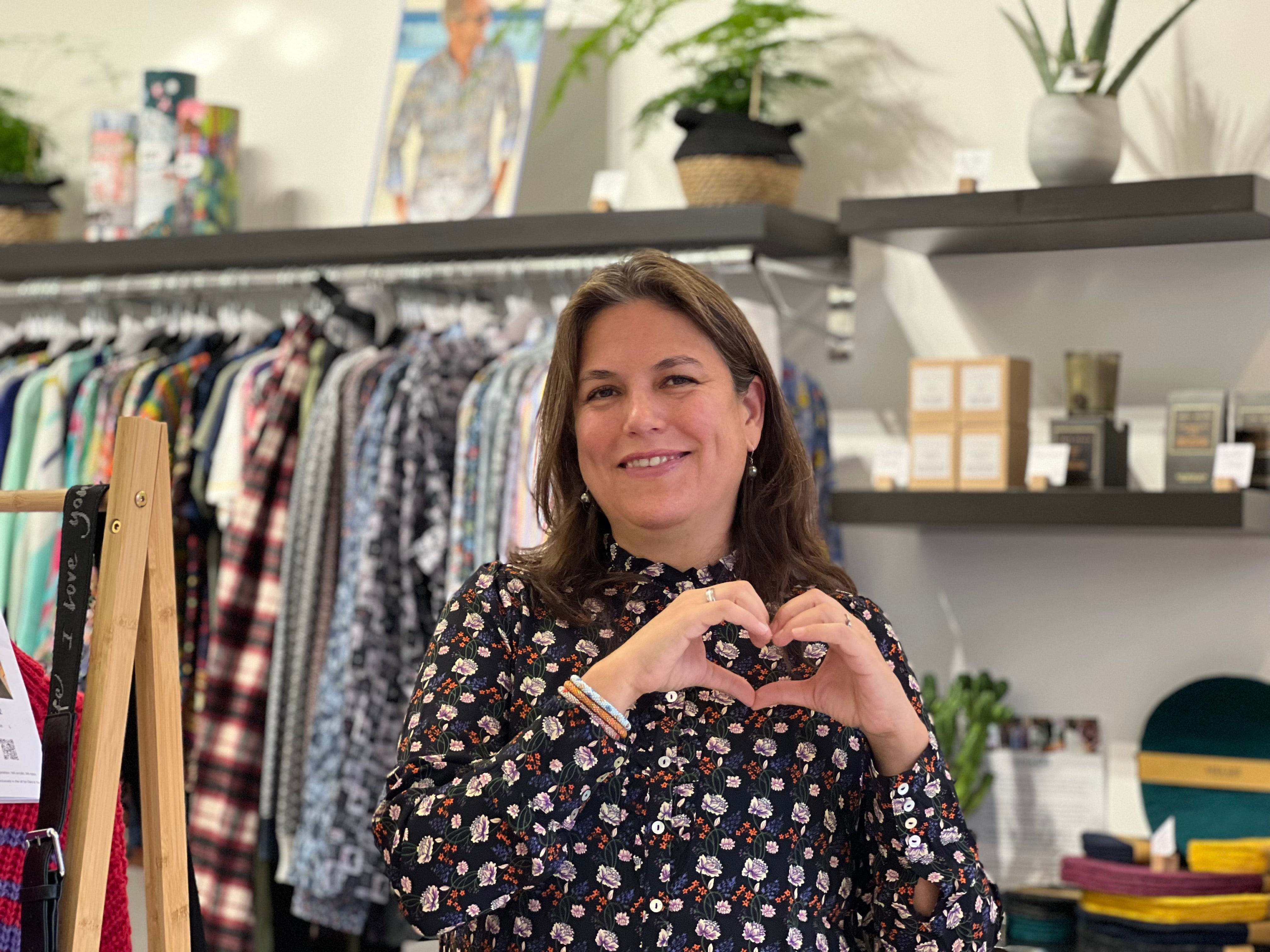
Let’s talk about the “S” word
Sustainability.. what gives?
Basically, Earth has been put under such strain trying to keep up with the levels of human consumption over the last 40 years or so, that it can barely cope anymore. In order to keep up with demand, production has been taken to the global stage and it is requiring space that used to be occupied by forests and wildlife. Soil is becoming bare, water is being drained and diversity and natural habitats are being lost at alarming rates.
So, what does it mean to be “sustainable”?
It really comes down to taking your time to do some research before you make decisions on all fronts of daily life, so that you understand the impact of your choices, not only on your immediate surroundings but on a global context. What you eat, what you drive, the materials used, the packaging, the transport, the environmental cost.. Understand what it is that you are buying before you make the choice to go for it.
As things are easily shipped around the world we now have access to the most incredible array of products to choose from, and with knowledge having become almost universally accessible, it’s more important than ever that we take time to understand and take into consideration the environmental and social footprint of the things we consume so that we support only the practices that align with our values. [Full disclosure: It is a bit of a philosophical pandora box situation: Once know, you can’t un-know your impact on the world (aka your footprint) and the more you know, the more you realise how little you knew; similarly, the more you care to reduce the negative impact of your choices, the more you realise what a huge challenge that can be..]
It starts by answering 3 questions when thinking of a product or service you want to purchase:
- Do I really need it? The more sustainable choice is often to make do with what we already have for longer, as long as we can, really. Sometimes we fall out of love with stuff and that’s OK, here’s where the pre-loved movement kicks in, allowing for clothes to be worn longer, even if it isn’t by the same person. In this scenario quality plays a great part because products of great quality last longer, the best products can end up living in three different homes before they need to be disposed of (or more in third world countries). Basically we need to reduce our levels of consumption: buy less, and make it last: treat it kindly, mend it, re-think it, re-purpose
- What materials is it made of, how was it made? We want to know the environmental and social impact of the practices involved in the production and manufacture of what we consume, including how to dispose of it at the end of its lifecycle. This last bit was not considered an important part of product development, nor did legislation worldwide properly push for it to be addressed, which has lead to the world having become over-flood with rubbish. The current point of debate when talking about sustainable fashion, and production in general, is that too much is produced and too much is wasted before AND after things reach the market, and most fabrics are made of non recyclable yarn blends obtained through dubious production and manufacturing practices. Luckily, the challenge is being met with enthusiasm now that there is more interest in the use of sustainable materials and as a result new and exciting materials are being developed as I write, like apple and pineapple leather, and sugar cane plastic alternatives. Around the world, consumer demand for more sustainable practices is pushing brands to acknowledge their environmental responsibility and choose better design and production practices.
- Where was it made, grown or farmed and under which conditions? This tackles the miles it travels, but also working conditions and production practices. Normally, the further away it comes from, the harder it is to be certain that the practices involved are sustainable, unless you can trust the source, aka the brand or certification it carries. Since the dawn of industrialisation, production has been profit led at a cost to the people involved in it, with the rise of workers rights came the moving away of manufacture to lands far far away. Only now is the world realising: Nothing is EVER cheap, someone, somewhere, is paying the true cost for the things we consume. Usually, the locals where the factories have been placed, wether by having to work under poor conditions, for insufficient pay, or by having to endure pollution of their surrounding and main water sources because of poor environmental practices or lax environmental legislation. Locals in faraway places are also the ones suffering most of the loss of biodiversity and natural habitat due to the intensive extraction of resources to be used in large scale production worldwide, like palm oil, timber and wild fish.
The big takeaway: understand the true cost of things, consume less and choose wisely. The way we spend your money is literally shaping the world and what is being produced right now. Your choice matters SO MUCH, please use it responsibly 🙏🌎🕊🌱🐾
Also, please don’t stress, it takes a bit of getting used to, but it all the thinking does become second nature after a while.. just get to know what you invest in, and make the greatest use of it so that what ever the true cost, it was worth it.
And get cracking! The time is NOW 😘




Leave a comment
This site is protected by hCaptcha and the hCaptcha Privacy Policy and Terms of Service apply.